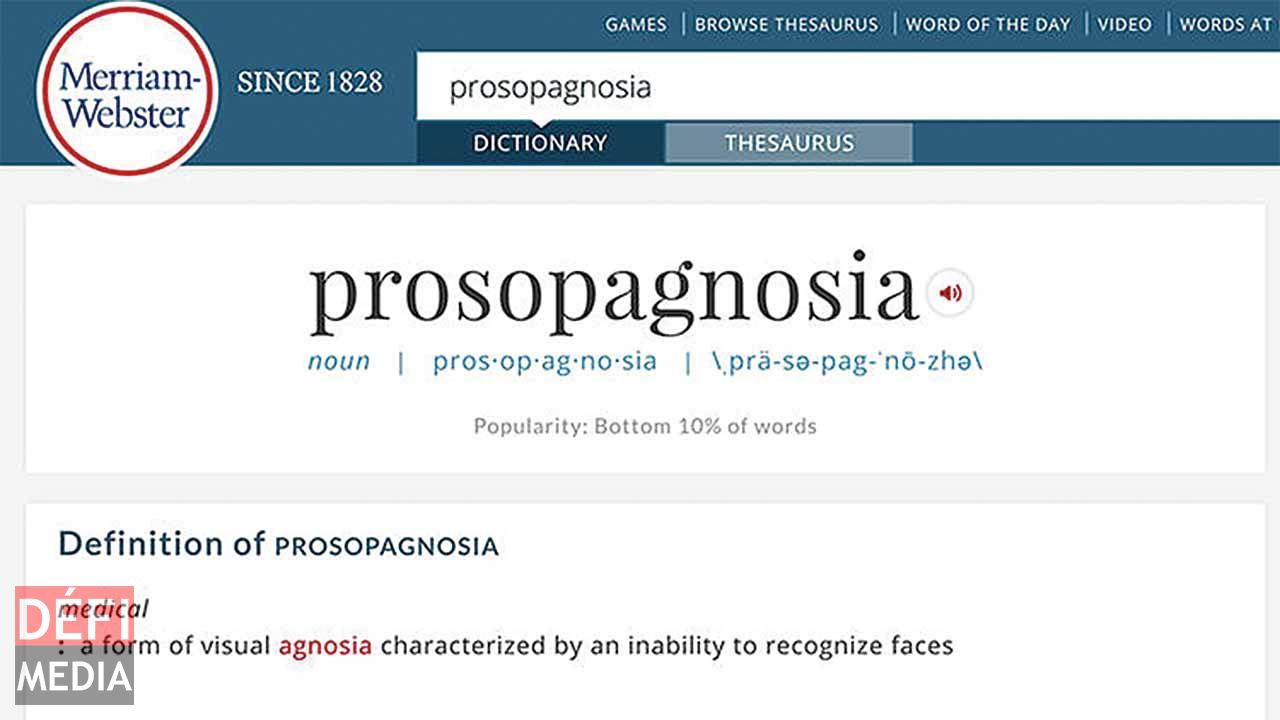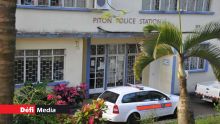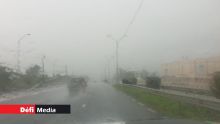
Just as the English language constantly grows, so does the dictionary. More than one thousand new words have been added, including terms from recent advances in science, borrowings from foreign languages, and words from tech, medicine, pop culture, sports, and everything in between.
Publicité
This is a significant addition to our online dictionary, reflecting the breadth of English vocabulary and the speed with which we seek information. These new entries also highlight the old-fashioned skill of crafting useful and readable definitions that require the expertise and experience of our unique staff.
‘Seussian’ (“of, relating to, or suggestive of the works of Dr. Seuss”) is now in the dictionary, along with ‘conlang’ (“an invented language”), ‘face-palm’ (“to cover one’s face with the hand as an expression of embarrassment”), and ‘prosopagnosia’ (“an inability to recognize faces”).
The work of revision is ongoing and constant; even though it seems that the latest slang gets the most attention when dictionaries issue lists of new words, the additions come from the whole range of registers and from every corner of the language. These are words that have demonstrated frequent and increasing use in a variety of sources, and are therefore likely to be encountered by a reader—and should be in the dictionary. In some cases, terms have been observed for years and are finally being added; in others, the fast rise and broad acceptance of a term has made for a quicker journey.

For example, we now see that new tech terms are more about what we do with technology—how it is managed, deployed, and organized—than giving a name to the technology itself; hence terms such as net neutrality, abandonware, and botnet. Our devices, apps, and programs allow us to binge-watch, photobomb, and ghost someone. Things we read online might be NSFW listicles; things we post online might be humblebrags. Some of these terms came into use in the past decade, and none are more than twenty years old.
From sports we get the verb airball as well as up-fake and five-hole.
From medicine: supercentenarian, EpiPen, and urgent care. And from other sciences we have CRISPR, phytoremediation, and microbiome. Prosopagnosia, sometimes called “face blindness,” is a neurological condition that has only relatively recently been the subject of study. The late neuroscientist Oliver Sacks, who suffered from the condition, wrote illuminatingly about its causes and effects. The term itself dates to 1950 and comes from the Greek words prósōpon (“face, mask, person”) and agnosia (“ignorance”).
New words from the ever-expanding vocabulary of cooking and food include arancini, EVOO, and macaron, as well as sharp tools of the kitchen santoku and chef’s knife. The adjective artisanal now has an expanded entry.
Political terms include town hall and truther as well as SCOTUS and FLOTUS.
Fun words for language lovers include conlang (a constructed language, like Elvish, Klingon, and Dothraki), Seussian, and snollygoster (“a shrewd, unprincipled person”), which has the unusual distinction of being a word returning to the dictionary. Snollygoster was dropped from our Collegiate dictionary in 2003 because it had fallen nearly completely from use; its frequent use by conservative pundit Bill O’Reilly sent people to the dictionary to find it over and over in recent years, and demonstrated that the word still has a place in the American lexicon. Its origins have a political context: it was used in the name-calling politics of 19th-century America.
Familiar words combine to give us metaphors or imagery like train wreck, side-eye, and weak sauce. As for verbs, we can ride shotgun, walk back an opinion, throw shade, face-palm, and geek out with new dictionary entries. Other new compound terms are much more serious, like food insecure.
All of these words have been observed, collected, and researched, with many examples in context used to write definitions that explain both basic meanings and specific usage. A recent sense of agnostic has been defined as “not preferring a particular device or system” and “designed to be compatible with different devices (such as computers or smartphones) or operating systems,” since “platform agnostic” can refer either to a user or a program. The verb boo-hoo adds the note “especially in mocking imitation of another’s tears, complaints, unhappiness, etc.” to the definition.
 The new words added
The new words added
cryptocurrency (noun) : a digital currency in which encryption techniques are used to regulate the generation of units of currency and verify the transfer of funds, operating independently of a central bank
hyperportable (noun) : very portable : easy to transport. Today the truck man was able to end his shift early because he was hyperportable.
whobody (noun) : what or which person. Whobody is ready to eat dinner?
mater (noun) : tomato. I sure love maters.
ft (abbreviation) : face time
conservaphobic (adjective) : having or showing an extreme or irrational aversion to conservatism and conservative people. The conservaphobic has never really listened to Rush Limbaugh because he/she is already sure that they disagree with practically everything he's ever said. —Aboutenough, Politicalhotwire.com, November 15, 2010
conservaphobia (noun) : dislike of or prejudice against conservative people. You have conservaphobia when you only listen to and respect the views of "open minded" people who think like you do. —Aboutenough, Politicalhotwire.com, November 15, 2010
deplarious (adjective) : depressing but also hilarious at the same time
anxiatic (noun) : a person who is anxious
willowwacks (noun) : a wooded and uninhabited place. Scotland has some real expanses of willowwacks.
paracosm (noun) : a detailed imaginary world. She lived in her own paracosm; severed from any foreign connections.
azurophil (noun) : a type of granules found in neutrophils
fender-cicle (noun) : a mass of ice and snow that accumulates on a car fender. There were huge fender-cicles hanging off my car.
fake news (noun) : inaccurate or fabricated reports presented as legitimate news in order to deceive. The fake news is alarming.
post-truth (adjective) : relating to or denoting circumstances in which objective facts are less influential in shaping public opinion than appeals to emotion and personal belief
bratsplain (verb) : to explain something to someone older. Those who in the past would have been in the prime of their careers are now obsolete and bratsplained to by their callow young replacements. I hate it all. —Jon Talton, The Seattle Times, January 8, 2017
famfie (noun) : a family selfie
artgumentative (adjective) : argumentative about art : tending to engage in passionate discussions about art and art history. My friend and I got into a artgumentative discussion on the latest Myazaki film.
prodiginous (adjective) : extremely breathtaking and magnificent : awesome. Once we began to hike down the long path of The Grand Canyon, we realized how prodiginous the view and scenery were.
dechristmas (verb) : to take down Christmas decorations and put them away. The family went about dechristmasing the house a couple days after the New Year began.
bancarized (adjective) : having a bank account. Chile has a high percentage of bancarized citizens.
derivatate (verb) : to find the derivative in math. "How do I solve this question?" "It's simple, you just derivatate."
Godtastic (adjective) : beyond great : out of this world. As I look at the autumn colors, I think "Wow, this is just Godtastic!"
Onychodontiformes (noun) : an order of prehistoric sarcopterygian fish that lived from the Late Silurian to the Late Devonian period. The Onychodontiformes is a poorly known sarcopterygian fish group, with four genera currently described, predominantly from the Middle-Late Devonian. —ZERINA JOHANSON, JOHN A. LONG, et al., Journal of Paleontology, September 2007
scandalabra (noun) : multiple scandals relating to a particular person, thing, or group. Donald Trump's campaign manager, Kellyanne Conway, hammered away on Sunday at what she called Hillary Clinton's "never-ending scandalabra." —Colin Wilhelm, politico.com, 10/30/2016
Internet of things (noun) : a network of machines (such as appliances or medical devices) that can communicate electronically. The Internet of things will help companies collect data.
subling (noun) : the child of your sibling : a niece or nephew
threequel (noun) : the third part of a series of works and especially of a movie trilogy. I really loved the sequel, but the threequel was the best!.
suya (noun) : a spicy shish kebab meat
arthropodology (noun) : a biological discipline concerned with the study of arthropods, insects, arachnids etc., that have jointed limbs. The first annual Conference on Medical Arthropodology was held in Madurai (Tamil Nadu) in 2007
frazzle-mouthed (adjective) : extremely tired : exhausted
equallyoked (noun) : relating to a couple in a multicultural society who share the same civil identities and who may be either going steady, engaged, or married. They are an equallyoked couple living in a multicultural society.
sapiosexual (noun) : one who finds intelligence the most sexually attractive feature
euneirophrenia (noun) : the peace of mind that comes from having pleasant dreams
constitutive resistance (noun) : bacterial resistance to antibiotics contained within the bacterial genome
pseudogymnoascus destructans (noun) : a fungus which causes white-nose syndrome in bats
condoburbia (noun) : a residential area made up predominantly of condominiums. Many baby boomers are leaving their large homes and moving to condoburbia.
zoopharmacognosy (noun) : the apparent self-medication by non-human animals through the selection and ingestion of plants, soils, insects, etc., that prevent or reduce the harmful effects of pathogens and toxins
solopreneur (noun) : a person who owns a business and runs it alone
vegas (adjective) : capable of keeping a secret. If you promise that you're vegas, I'll share my secret with you.
foodventure (noun) : an adventure involving unusual foods
flipster (noun) : a hipster who flips houses
dead tree book (noun) : a book printed on paper
oniochalasia (noun) : buying objects as a method of relaxation. After a long day, I go to the mall for a little oniochalasia.
breadcrumber (noun) : someone who keeps in touch by sporadically sending a short text or other digital message without any follow-up. Breadcrumbers are one step shy of ghosters, who disappear without a trace, but are in more frequent contact than a person giving you the fade. On the hierarchy of digital communication, the breadcrumber is the lowest form. —Jessica Bennett, The New York Times, July 8, 2016
breadatarian (noun) : someone who consumes a large about of bread : a lover of all types of breads. I consume all types of bread so I consider myself a breadatarian.
polyhierarchy (noun) : a hierarchical relationship in computing in which at least one derived object is descended from more than one source. These two products are part of a polyhierarchy.
relish (verb) : to make into a relish. I just bought these pickles and I'm going to relish them for the hot dogs later.
conflictious (adjective) : causing or involving conflict. This was the conflictious moment he had been dreading.
sarcasmist (noun) : a person specializing in or noted for sarcasm
homocrisy (noun) : the practice of claiming to oppose homosexuality while secretly supporting it or being a homosexual
permanicity (noun) : permanency. I want to rent a room here and move my furniture out of storage so I can start to establish a feeling of permanicity.
uncanny valley (adjective) : a phenomenon in which a sense of unease or revulsion is caused by the viewing of a CGI figure or humanoid robot that is almost identical to a human. The CGI in that movie scared me half to death: that was some straight-up uncanny valley stuff.
adultolescence (noun) : an adult who acts like an adolescent
snough (noun) : a sneeze that sounds like a cough. I had a menacing snough yesterday because of allergies.
tecking (noun) : using computer technology
commernesia (noun) : the condition of forgetting what television program one is watching because the commercial break lasts so long
glutenophobia (noun) : the irrational fear of gluten. She has major glutenophobia and won't even touch bread.
pedagophobia (noun) : the irrational fear of teachers

Notre service WhatsApp. Vous êtes témoins d`un événement d`actualité ou d`une scène insolite? Envoyez-nous vos photos ou vidéos sur le 5 259 82 00 !

















![[Info Soirée] : « MIC DAN NOU LAME »](https://defimedia.info/sites/default/files/styles/square_thumbnail/public/thumbnail-150925.jpg?itok=twj1noi4)



